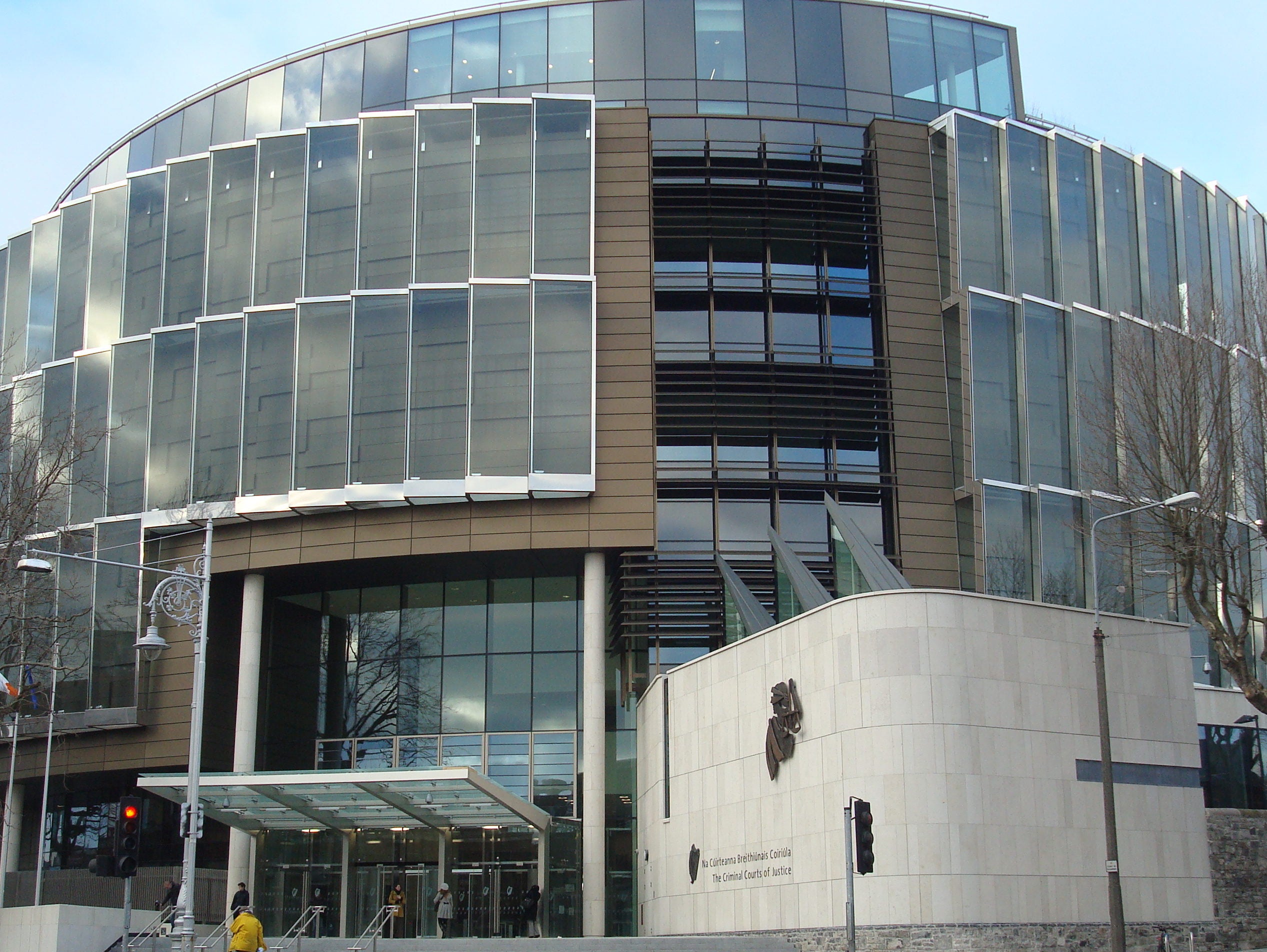
Only journalists and lawyers involved in cases will be allowed to send live social media updates from Irish courts, Chief Justice Frank Clarke has announced.
His comments came on Saturday, when he spoke at a Dublin seminar for journalists about the difficulties that some use of social media was causing in relation to court cases.
The Chief Justice, who emphasised the right to a fair trial, described social media as “all pervasive in society”.
He recognised that the courts “do not operate in isolation” from the world of communications, but guidelines were needed, he said.
He announced a new practice direction which would limit the use of live text and message-based communications from court to bona fide members of the media and lawyers in a case.
“It is clear that there needs to be guidelines regarding the ‘who, when and what’ of using social media in courtrooms,” he said.
“From this month on a new Practice Direction – signed by the presidents of all the court jurisdictions – will limit the use of court-based data messaging and electronic devices to bona fide members of the press and bona fide lawyers with business in the courts.
“Both sets of professionals know the limits of what they can report and when.
“Others in court will be unable to text or message from the courtroom – in any form.”
He added that “if the experience of the operation of this practice direction provides evidence that it needs to be reinforced by new legislation, we will ask for this to be considered”.
The key legitimate concern was to “ensure the integrity of the trial process and the maintenance of a fair trial system”, the Chief Justice said.
“The potential for unregulated social media to have an impact on the fairness of the trial process itself is, in my view, a legitimate and particular concern of the judiciary.
“To date it has been rare that courts in Ireland have had to use contempt of court laws to curb inaccurate and disruptive online communications about cases.
“But it would be extremely naive of us not to plan for the future in this regard.
“In recent times it has become apparent that there is a need for guidance and rules on use of social media and digital devices in courts.
“This extends to the use of social media by observers of a case, and to a lesser extent the use of same by jurors.”
The Chief Justice paid tribute to the print and broadcast media as having given “very little cause of concern” in how they reported and commented on court cases.
“In general they do so honestly, diligently and with great skill,” he said.
But some concerns over social media were “both widespread and real”, he said, adding: “There are genuine concerns over the dissemination of false and malicious claims – which damage social debate, learning, and understanding.
“Such false claims can come just as much from the organised and powerful as they can from the single contrarian in a basement, or a ‘hobby journalist’ in a court room.”
Picture: Creative Commons/DubhEire
Email pged@pressgazette.co.uk to point out mistakes, provide story tips or send in a letter for publication on our "Letters Page" blog
